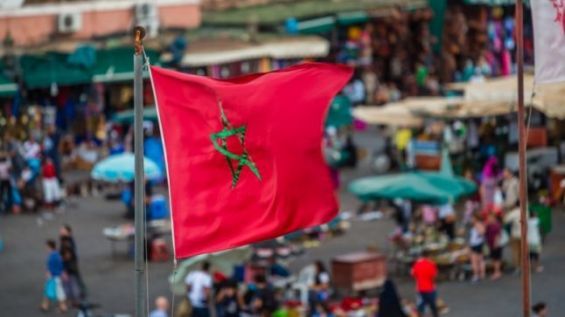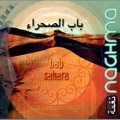Morocco is among the ten top Arab countries, ranked by the second edition of the Global Knowledge Index, a report conducted by the United Nations Development Programme (UNDP) and the Mohammed Bin Rashid Al Maktoum Knowledge Foundation (MBRF).
Studied alongside 134 nations, the Kingdom was ranked 94th by the index, made public on December the 5th. Morocco is positioned behind Bolivia 93rd and ahead of Rwanda 95th.
Granted 42 points out of 100, the North African Kingdom fell by 17 positions in the report’s global ranking. It is positioned in the Arab World behind the United Arab Emirates 19th, Qatar 43rd, Bahrain 44th, Kuwait 50th, Oman 62nd, Saudi Arabia 66th, Lebanon 74th, Jordan 76th and ahead of Syria 130th.
In North Africa, Morocco is ranked second behind Tunisia 82nd, and ahead of Egypt 99th, Algeria 104th, and Mauritania 131st. Libya was not covered by the report. The global ranking was topped by Switzerland 1st, Finland 2nd, Sweden 3rd, the United States 4th and Luxembourg 5th.
Higher education and economy
The Global Knowledge Index which «measures the multidimensional concept of knowledge», is based on seven sectorial indices, including pre-university education, technical vocational education and training, higher education, research, development and innovation, information and communication technology, economy and general enabling environment.
Morocco is ranked the best in the economy (68th) and information and communication technology (76th) indices. It scores the least in technical vocational education and training (110th) and general enabling environment (106th) indices.
The report breaks down the concept of knowledge into its constituent components, including the above-mentioned indices, in order to give a more «meaningful and insightful exploration of knowledge policies in relation to different sectors», wrote the Mohammed Bin Rashid Al Maktoum Knowledge Foundation on its website.
«Once the concept is clarified and the linkage with development is established, it is possible to introduce a more comprehensive approach to ‘knowledge-based development», added the same source.
«This can guide policymakers, researchers, civil society and the private sector to work together on different aspects of policies to foster a development process that seeks to equip individuals – from an early age – with the necessary skills to prepare them for the future», concluded the authors of the report.





 chargement...
chargement...












